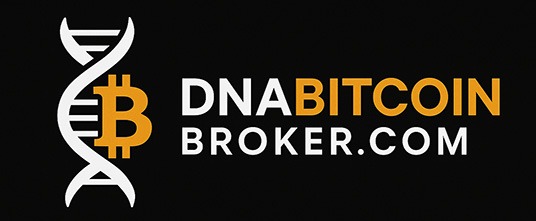Over-the-counter derivatives are financial instruments that receive their value through direct private agreements between market participants instead of through traditional exchange marketplaces. Exchange-traded instruments differ from these contracts as OTC derivatives receive private negotiation treatments between counterparties, allowing them to customise their terms. The ability to customise OTC derivatives is risky, though it creates elements that increase their overall risk exposure.
What are the Main Features of OTC Derivatives?
1. Customization and Flexibility
The flexibility of making OTC derivatives specifically designed for a party’s needs makes them highly desirable. The parties in a contract maintain full control of design features and specifications (including maturity dates, payment terms, and underlying assets), which precisely fulfil their risk management and speculation requirements. Users benefit greatly from the customised features when hedging deviations from standard exposures that standardised agreements would otherwise overlook.
2. Absence of a Centralised Marketplace
OTC derivatives cannot benefit from exchange trading facilities since they operate outside central exchanges, so they carry less consistent features and have less market visibility. Private negotiation processes between parties minimise the available pricing and information on contractual terms.
3. Counterparty Risk
The main limitation of OTC derivatives arises from their time-to-time risk of non-compliance with contractual obligations by the parties involved. The lack of a clearinghouse guarantee in an OTC derivative leaves the non-defaulting party without the same protection benefits that standardised exchange trading provides. This risk has been a concern for a while, causing market distress.
Types of OTC Derivatives
- Forwards: Agreements to buy or sell an asset at a predetermined future date and price.
- Swaps: Contracts in which two parties exchange cash flows or other financial instruments (for example, interest rate swaps or currency swaps).
Note that more complex and exotic derivatives fall into the OTC category and offer more customization options.
Regulatory Environment Post-Financial Crisis
The 2008 global financial crisis heightened awareness of dangerous risks in the infrastructure of OTC derivatives. The global economic crisis 2008 led regulators worldwide, including US authorities under Dodd-Frank Act provisions, to implement increased market transparency, reduced systemic risk, and enhanced risk management for derivatives markets.
The clearing framework now necessitates standardized OTC derivatives to be transmitted through central counterparties (CCPs), thus reducing the risk between counterparties.
New regulations enhance OTC transaction visibility, helping regulators monitor risks across the financial system. Some non-standard derivative contracts face tougher legal oversight since they shifted to more standardized trading platforms.
Advantages and Challenges
Advantages
- Companies and financial institutions can precisely manage their unique risks through bespoke hedging practices.
- The inherent flexibility in OTC means more innovation and financial creativity that might not be possible within the confines of standardized contracts.
Challenges
- Without a central clearing party, there is a higher risk that one party may not fulfil its contractual obligations.
- With prices and terms negotiated privately, it can be harder for market participants to gauge fair values, potentially leading to liquidity issues.
- As reforms continue to shape the OTC market, participants must stay in the know about current rules and compliance requirements.
In a nutshell, modern financial markets rely on over‐the‐counter derivatives because they enable actors to develop customized contracts for effective risk management objectives. The ability to customize derivatives comes with less transparency and elevated risks of dealing with counterparties. Recently, global regulators have restructured OTC derivatives regulations to increase security, keeping bespoke financial solutions intact.
DNA Crypto: Your Trusted Partner for OTC Crypto Derivatives in Europe
DNA Crypto offers institutional and high-net-worth investors secure access through customisable solutions to execute OTC crypto derivatives trades across Europe. Our personalised solutions help clients mitigate risk through exposure management and enable executing major transactions that minimally affect the markets.
We are committed to trust, transparency, and regulatory compliance, so we offer customized crypto swaps, forwards, and structured options that provide deep liquidity, competitive pricing, and seamless execution.
DNA Crypto provides professional OTC services that meet the trading requirements of contemporary, sophisticated investors who want to execute large-scale trades, optimise portfolios, or manage volatility.
Image Source: Adobe Stock
Disclaimer: This article is purely for informational purposes. It is not offered or intended to be used for legal, tax, investment or financial advice.












